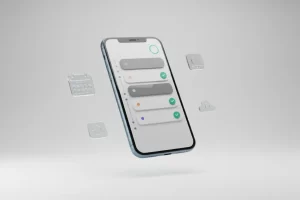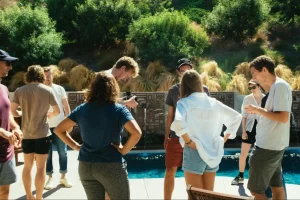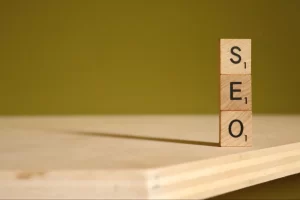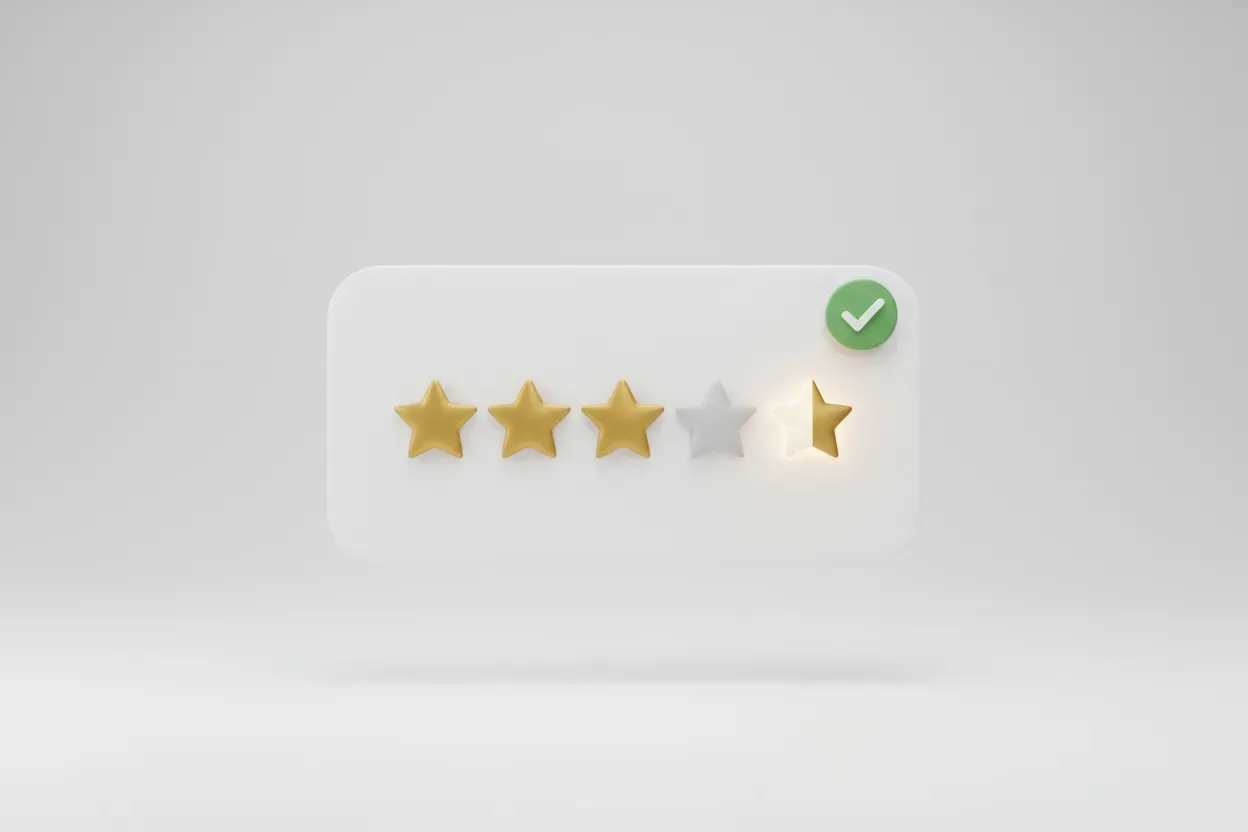How Does One Become a Guru?
From thinking like an engineer to remembering your audience, here are the 11 answers to the question, “How did you become a “guru” in your line of work?”
- Learned How to Think Like An Engineer
- Understood Products Like the Back of My Hand
- Showed Up and Did It Consistently
- Became Open to Feedback
- Pursued Knowledge Passionately
- Wrote a Book
- Focused on Dedication and Tenacity
- Provided Substantial Results
- Gained Curiosity and Active Listening
- Created a Class
- Spent Years as a Member of My Target Audience
Learned How to Think Like an Engineer
As a digital marketer, my job is to drive traffic, conversion, and retention to client websites. I do this using many tactics, including search engine optimization, paid ads, and social media posts.
Many marketers do the same thing. The difference is that many of them just execute based on other people’s findings. If you want to be a guru, then you need to think ahead about “what’s next.”
With digital marketing, this means thinking like an engineer. Instead of just following Google’s algorithm, for example, think about what they will do differently with their algorithm in the future, and optimize for that. This is what will make you a thought leader instead of just another person who executes tasks.
Dennis Consorte, Digital Marketing & Leadership Consultant, Snackable Solutions
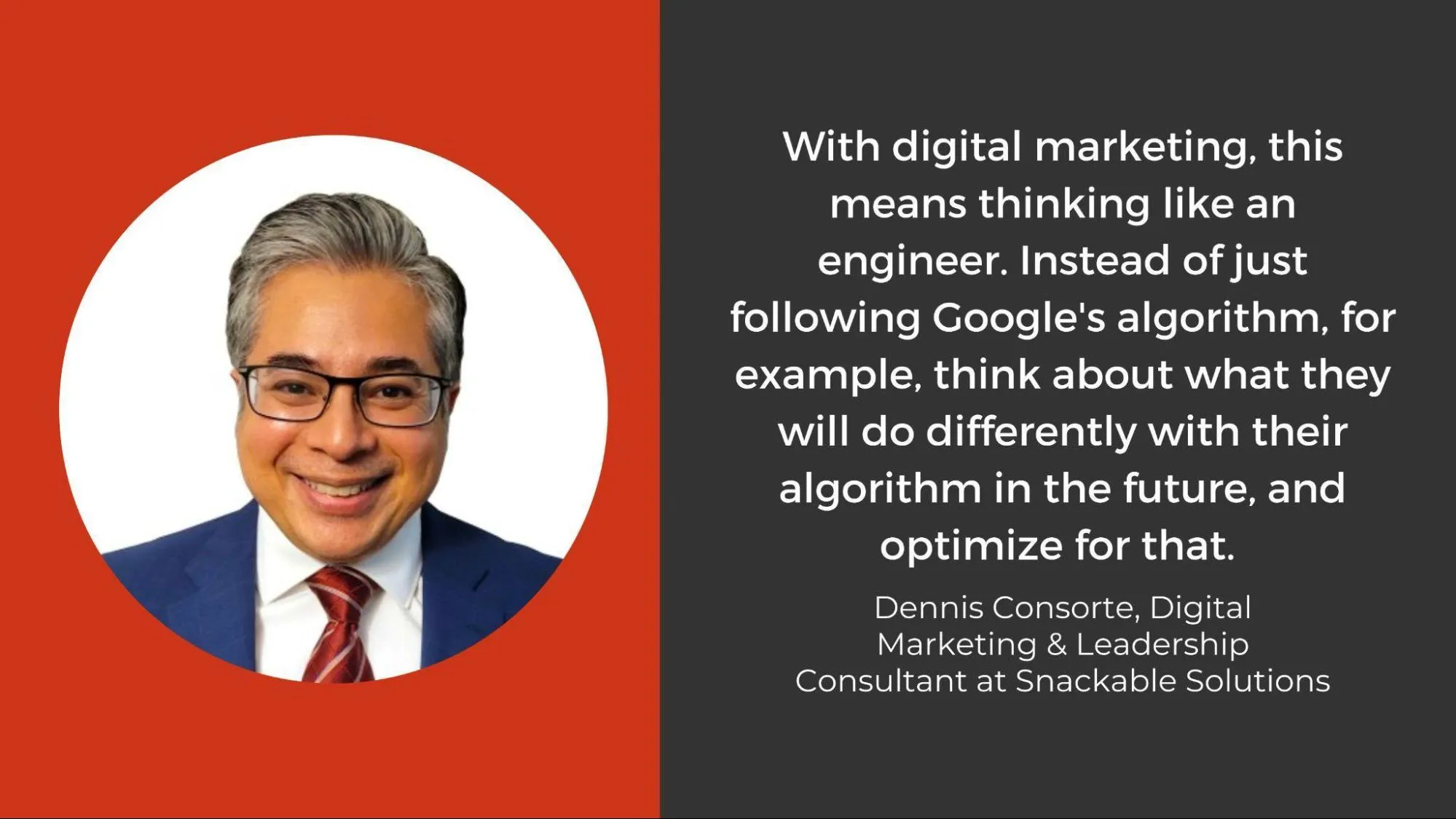
Understood Products Like the Back of My Hand
To become a “guru” in my line of work is through research and studying our products. For instance, I give customers the best experience by teaching them about the products “inside and out.”
It is like what a wine sommelier does to their customers. Not all products work the same way. By giving customers all the information they need, they can make a sound decision on what products will work best for their specific needs.
Chris Coote, Founder & CEO, California Honey Vapes
Showed Up and Did It Consistently
The moment you are consistently doing something, no matter how bad at it you might be, you are simply learning. You are better today than you were yesterday. The saying “practice makes perfect” is apt because it’s truly correct. The more you do something without giving up, the closer you are to becoming a guru.
Lydia Mwangi, Content Writer, Barbell Jobs
Became Open to Feedback
My journey to becoming a guru in my niche began early in my career, and I galvanized it by always being open to feedback and criticism. I never shied away from negative criticism or corrective feedback from colleagues and clients who had time to interact with me.
This opened a channel through which I was able to learn and correct a lot of my ways. This enabled me to sharpen my skills more and become a guru in my niche.
Yongming Song, CEO, Live Poll for Slides
Pursued Knowledge Passionately
My journey to becoming a soundproofing guru began in college. My love for soundproofing started from my own experiences with loud dorms and apartments, which inspired me to research different techniques and solutions. I found libraries full of books and the internet filled with resources that taught me the basics of sound management and insulating interior walls.
With each project, my understanding grew, as did my confidence and proficiency. My passionate pursuit of knowledge eventually earned me the title “guru” within the community, which I’m incredibly honored to have received.
Ludovic Chung-Sao, Lead Engineer & Founder, Zen Soundproof
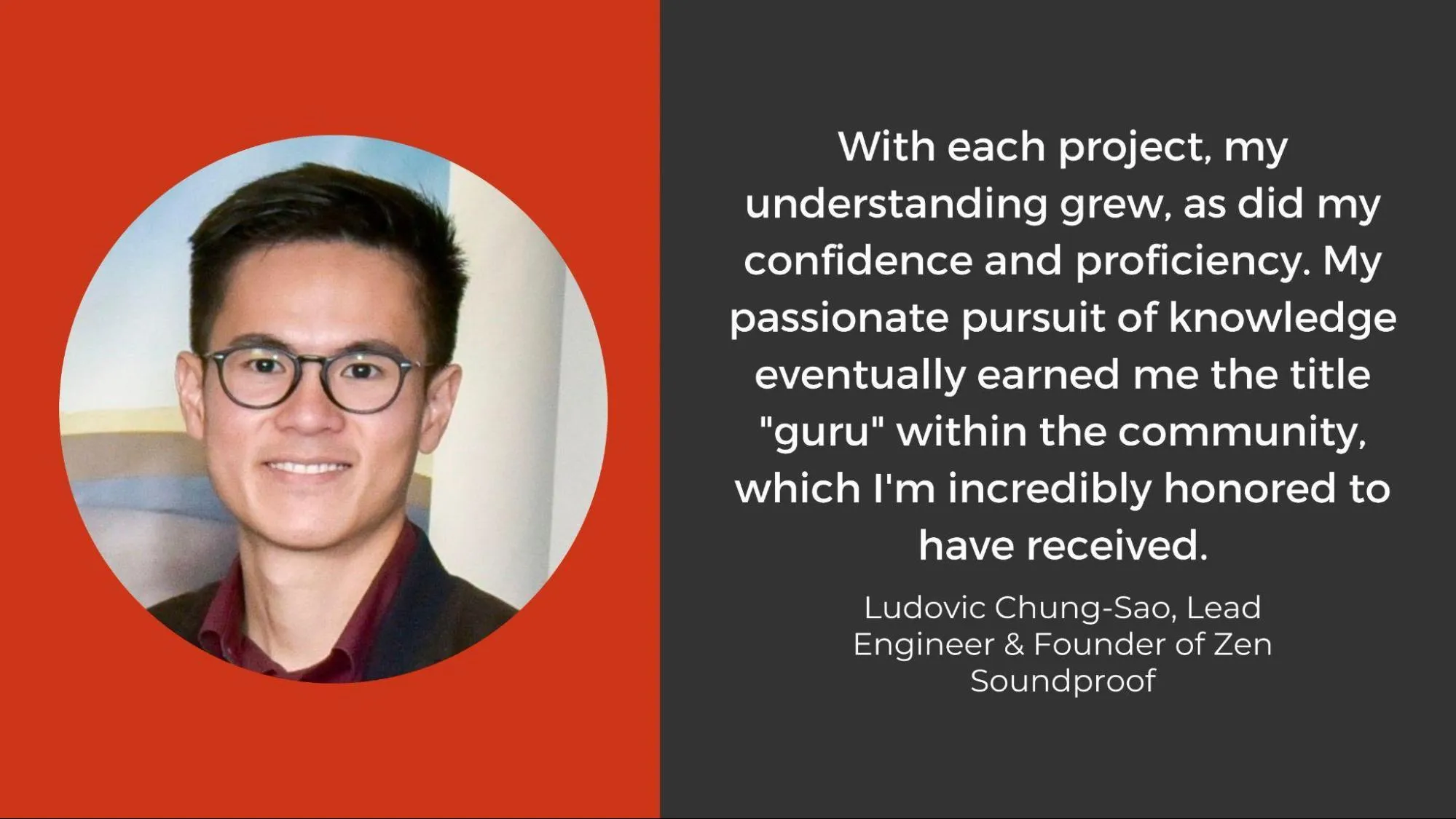
Wrote a Book
My business partner and I wrote a book together. I have 15 years of Wall Street wholesale investment sales leadership experience, and my co-author has 10 years of marketing leadership experience in venture-funded startups.
The two of us have extensive knowledge of the origins of cryptocurrency and its impact on the global economy. We wanted to publish a book that gave readers insight into what made crypto grow so fast and what makes it such a go-to investment for millions of people.
By publishing a book about crypto, we raised our profiles even higher, so news outlets and expo organizers are more likely to turn to us and consider us “gurus” of crypto. That’s how we like it.
John Sarson, CEO, American Crypto Academy
Focused on Dedication and Tenacity
I joined a company and began working in a wide sector, and there is one section that I like best. Working on it more, I became vested in obtaining a certification or a professional degree in it.
This aided me in obtaining a more specialized function and led to my work with others who shared my specialty or were dealing with highly specialized difficulties in the same field.
This increased my understanding and gave me a mental map of the industry and situation. It made me recognizable among folks who shared my concerns. I persuaded more folks to come to me. I received more money for this unique skill set for problem-solving. As a result, the cycle persisted and continued.
David Reid, Sales Director, VEM Tooling
Provided Substantial Results
To become a guru is to become trustworthy and reliable. One can grow to be perceived over time via a consistent display of expertise and influence that is acknowledged by many.
Likewise, I became a “guru” in the trading sphere by demonstrating my understanding of the field and its many nuances, leading to success and intangible evidence. Upon graduating college in two years, I had grown my portfolio from just a couple of thousand dollars to six figures.
The ability to point to substantial results such as this goes a long way, and while the learning process is everlasting, I’ve become a “guru” by being able to both show and tell my keen understanding of trading.
Dakota McDaniels, Chief Product Officer, Pluto
Gained Curiosity and Active Listening
Becoming a “guru” takes a lot more than just being an expert on a certain topic. For a guru’s teachings to be effective, they need to provide others with insight and guidance. And we must tailor this guidance to the person receiving it.In my line of work, I became a guru by always being curious and listening with an open mind! In trying to understand my clients’ needs, staying curious helped me to ask more questions rather than make statements. And while listening to my clients, I make sure I’m actively listening, as opposed to thinking of the next thing to say. Both my curiosity and active listening skills help me understand the problem we’re trying to solve, making the solution much more impactful.
Chris Klein, Founder, AstroRover
Created a Class
So a variation of the theme, I wrote a class and started teaching it. The act of building the class forced me to focus on the details and make sure I understood the topic. After I started teaching, each question I received in class helped me understand what the “real” issues were.
Jeff Zeanah, Owner, Zous Chef
Spent Years as a Member of My Target Audience
I run a PR firm, but I didn’t start out in PR. I got my start on the media/journalism side.I spent several years writing for Forbes, Fortune, TechCrunch, Mashable, TIME, Entrepreneur, and dozens of other business publications. It wasn’t long after I started I received pitches from PR firms, trying to get me to write articles about their clients. At one point, I received over 1,000 pitches in a month. However, the vast majority of these pitches were terrible, even the ones coming from big and famous PR firms. That led to me believing I could do a better job. I knew why some pitches worked and most didn’t. The experience as a member of my target audience gave me what I needed to launch my own PR firm and work effectively with media outlets on behalf of my clients.
Josh Steimle, Founder, Canvas PR
Submit Your Answer
Would you like to submit an alternate answer to the question, “How did you become a “guru” in your line of work?”




